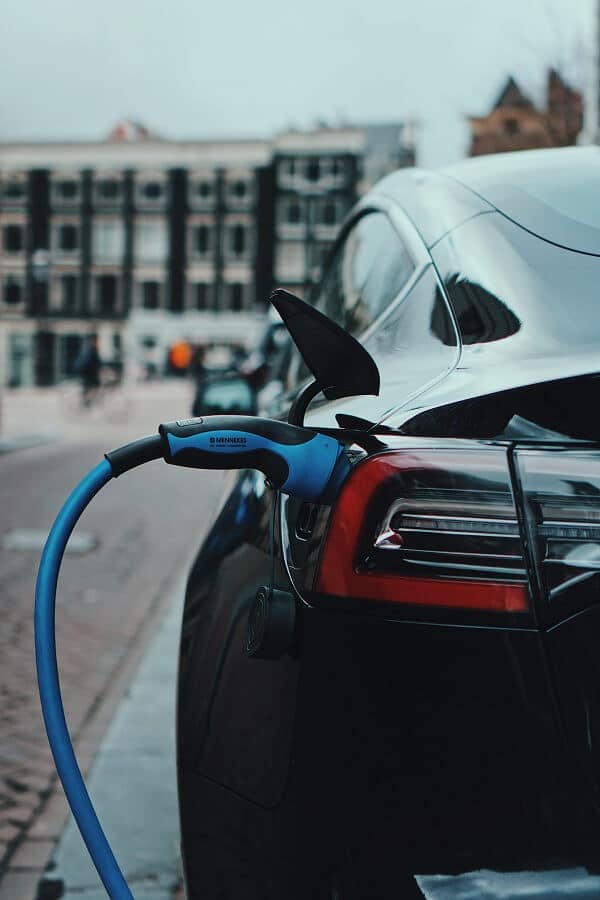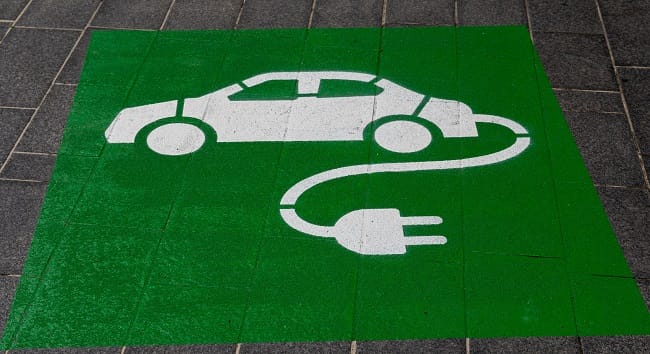In short, electric cars are more environmentally friendly than gas cars, but they still have a negative climate impact. Here’s what you need to know.

The increasing popularity of electric cars has sparked debate over their environmental impact. While electric vehicles (EVs) are often seen as a more sustainable option than traditional gasoline-powered cars, there are a number of factors to consider when evaluating their environmental impact.
Advantages of Electric Cars
One of the main advantages of EVs is their reduced emissions. Unlike gasoline-powered cars, which emit carbon dioxide and other pollutants as they burn fuel, EVs produce no tailpipe emissions. This means that EVs can help reduce air pollution and improve air quality in urban areas.
However, the environmental impact of EVs is not limited to their tailpipe emissions. The production of EVs, including mining raw materials and manufacturing batteries and other components, can also have environmental impacts. In addition, the disposal of EV batteries and other components at the end of their life cycle can also have environmental implications.
Where your electricity comes from makes a difference

Another factor to consider is the source of electricity used to power EVs. In many cases, EVs are charged using electricity generated from fossil fuels, such as coal or natural gas. This means that the emissions associated with EV use are not eliminated, but rather shifted from the tailpipe to the power plant.
However, the emissions associated with EV use can be significantly reduced if the electricity used to charge them is generated from renewable sources such as solar or wind power. In this case, EVs can provide a more sustainable option than traditional gasoline-powered cars, even when taking into account the emissions associated with their production and disposal.
What do we do with all the used EV Batteries?

Another potential environmental impact of EVs is the disposal of their batteries. EV batteries are typically made of lithium-ion, a type of battery that contains a number of hazardous materials. The disposal of these batteries at the end of their life cycle can have negative environmental consequences if not done properly.
To address this issue, many EV manufacturers have implemented recycling programs for their batteries. This allows for the safe disposal of EV batteries and the recovery of valuable materials such as lithium, copper, and nickel. By ensuring that EV batteries are properly recycled, the environmental impact of their disposal can be minimized.
Are hybrid cars just as good as electric cars for the environment?

Hybrid cars are generally considered to be better for the environment than traditional gasoline-powered cars, but they are not as environmentally friendly as all-electric cars. Hybrid cars use a combination of a gasoline engine and an electric motor, which allows them to achieve better fuel efficiency and emit fewer pollutants than traditional cars. However, all-electric cars do not produce any emissions and have lower environmental impact overall.
Conclusion: Are ECO cars better for the environment than gas-powered cars?

Overall, the environmental impact of EVs depends on a number of factors, including the emissions associated with their production and disposal, as well as the source of electricity used to charge them. While EVs can provide a more sustainable option than traditional gasoline-powered cars in some cases, it is crucial to consider the full range of environmental impacts associated with their use.
For more, watch this video that helps explain further about electric cars’ (EVs) impact on the environment.
Share this article:
Pingback: 7 Powerful Human Activities That Will Drastically Reduce Carbon Emissions and Slow Climate Change - Ecological Crusader
Comments are closed.